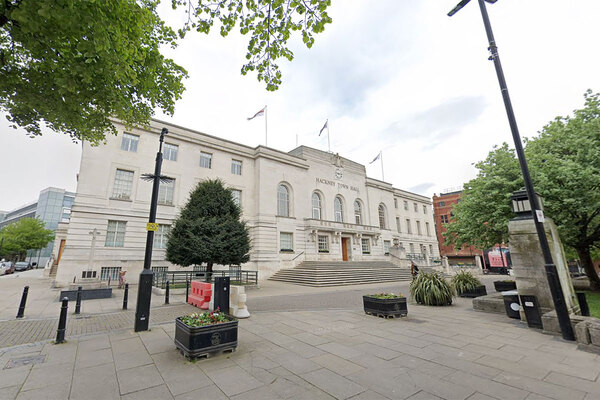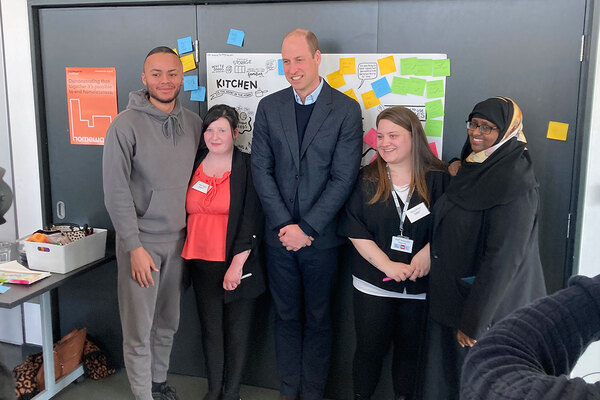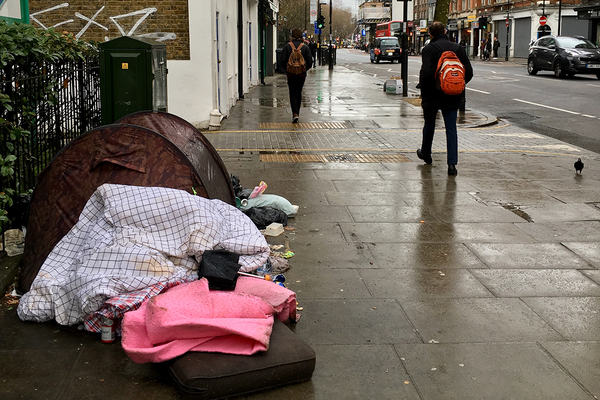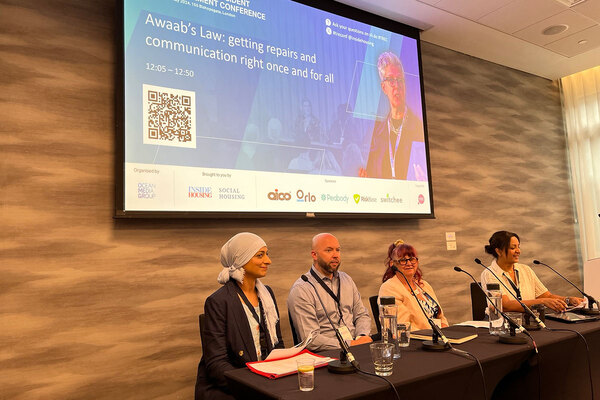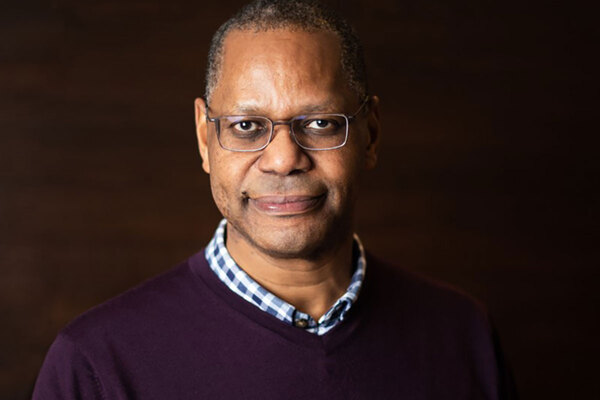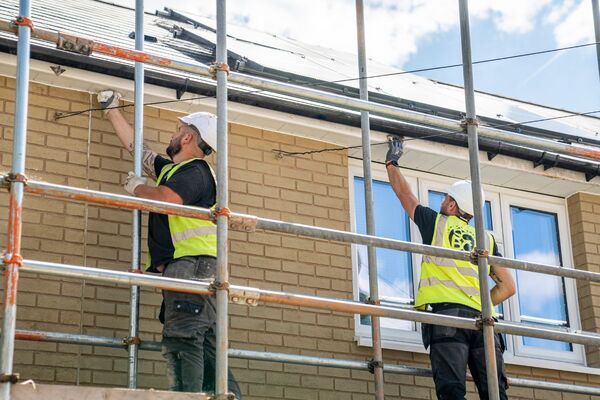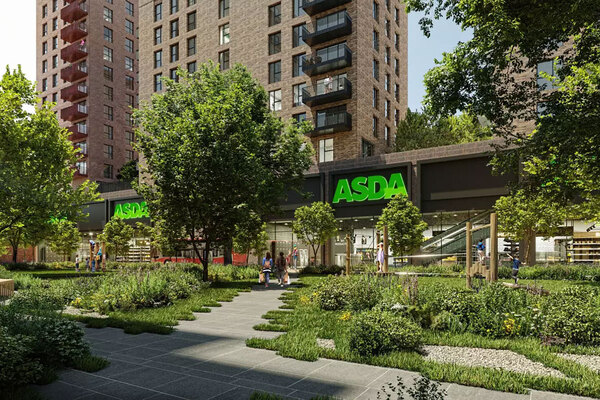You are viewing 1 of your 1 free articles
Young homeless people feel ‘ignored and dismissed’ by councils, new report finds
Young people facing homelessness often feel ignored by local authorities and are even made to feel “like criminals” when they approach them for help, according to new research.
A London School of Economics (LSE) report found that people aged 16 to 24 frequently face a lack of clarity on what support they can access, and called for specific training on how to handle youth homelessness for housing officers.
The research is based on interviews with young homeless people and local housing leads from four local authorities in London. It found that people’s experiences included council officers belittling the severity of a person being kicked out of their family home and being made to feel like they were lying about their situation.
Others said they were asked to provide an unrealistic amount of evidence about their situation. One person said their experience of domestic abuse was not believed as they had not reported it to the police.
Another reported going to a local council housing office every lunchtime for a week when they were at risk of being made homeless, but that staff acted “as if they’d never seen me and didn’t know me”. They added: “They were horrible to be honest, they were horrid.”
Another young person said: “At least don’t treat us like we’re some criminals or something, that we’ve done something wrong, at least listen to what we’re saying and not be against us. Be on our side… just listen to us.”
When support was offered by councils, interviewees said it was often inappropriate. One young person who had been a victim of domestic abuse was placed in a mixed-gender hostel against their wishes.
Meanwhile, local authority housing leads reported an increasingly challenging environment amid growing demand for services, stretched budgets and lack of availability of suitable housing.
An estimated 135,800 young people aged 16 to 24 presented to councils as homeless, or at risk of homelessness, in 2022-23, according to government data. More than 20,000 of them were in London. This represents a 5% increase on a nationwide basis, and a 10% increase in the capital.
New Horizon Youth Centre, a homeless support service in central London, said it experienced its busiest day ever in January, amid a sharp rise in homelessness across the city.
Phil Kerry, chief executive at the centre, emphasised that as a result, local authorities are facing “extreme pressures”.
But he added: “It is vital that the support offered by local authorities to young people experiencing homelessness is suitable, effective and timely in ending their homelessness. However, many young people tell us this is not their experience.”
Recommendations in the report include training for local housing teams on specific needs of young people and how best to support them, as well as an update to the Homelessness Code of Guidance to include a chapter on engaging with young people.
The research also called for a pan-London centralised website for young people that sets out rights and the options available to them. It would identify help available within each borough alongside voluntary support services.
On a national level, it said the government needs a national strategy to end youth homelessness, with a focus on housing that meets the needs of young people.
Laura Lane, policy officer at LSE Housing and Communities, said the testimony “shows the value to young homeless people of receiving appropriate support and feeling that people are ‘on their side’”.
She added: “We hope that it supports increased engagement and collaboration between local authorities and charities in order to tackle the increasing challenges of youth homelessness.
“Councils are under mounting pressure to find suitable homes for an ever-increasing number of people and are doing the best they can under current circumstances.
“To enable councils to adequately support all those turning to them in need of assistance, they need to be given the powers and resources to build enough social homes for their residents.”
Darren Rodwell, housing spokesperson for the Local Government Association, said: “Councils are under mounting pressure to find suitable homes for an ever-increasing number of people and are doing the best they can under current circumstances.
“To enable councils to adequately support all those turning to them in need of assistance, they need to be given the powers and resources to build enough social homes for their residents.”
Sign up for our homelessness bulletin
Already have an account? Click here to manage your newsletters

